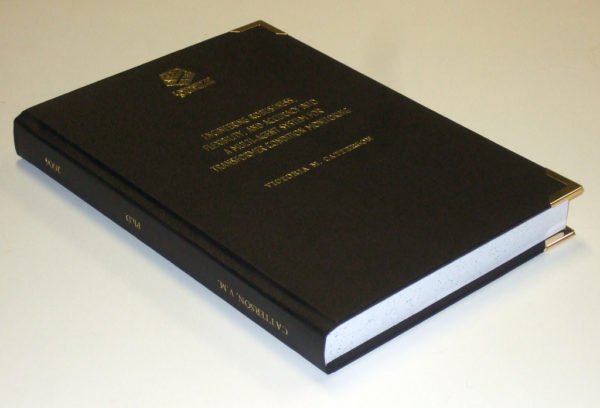Thesis writing may be easier than you think
Thesis writing – these two simple words are sometimes enough to make students weak in the knees with fear. But in fact, there’s no reason to worry. Just use these three simple steps while working on your thesis – and you’ll see how much easier it will be for you.
Standard format. Writing advice
All those strict format and structure requirements may seem unnecessary, but they exist for a reason. They will help you as a student not to get lost in your own academic thesis writing and to understand where you need to start and where you need to draw a bottom line.

Your thesis content may be immaculate, but unless you take special care to bring its layout and structure into compliance with all requirements, you’ll never get a higher grade.
So here’s our advice: always follow all the requirements your thesis supervisor sets for you.
Step 1: creating an outline
Now you get to the most interesting part, though not the easiest one: choosing your thesis topic and creating your work outline. The ideal option would be to choose a topic that’s really interesting. The more practical option is to choose the one you can find a lot of information on. The sensible middle would be to choose a topic you’ve already worked on in the past, which will definitely make your research writing much easier.
No matter what topic your choose, the outline has to comply with the standard structure:
- Introductory part;
- Main part (at least 3 sections with subsections based on the “general-to-specific” principle;
- Conclusions;
- Exhibits (don’t disregard this part: charts, diagrams and statistics will make your thesis much more understandable and consistent);
- List of references.
Another bit of advice: see your supervisor in about two weeks after you got your thesis assignment and show him your outline and your list of references. Ask what other sources he can recommend.
Step 2: looking for information.
Now you need to find information to support each part of your outline. Remember that even if there’s tons of information, you can’t just take chunks of texts written by others and put them in your thesis. You don’t only need to use your writing skills, but also learn how to express your own ideas based on the information you’ve analyzed and compile information to create a coherent, consistent and unique text. In case you use quotes (and it’s very likely you will use them), you’ll have to provide reference for each of them.
One of the useful writing strategies is to write down any ideas or statements that come into your mind in a notebook — you can always use the best ones, as scoobydomyessay. This method can inspire unexpected discoveries and take into account even smallest details that may ensure the highest quality of your work.
Step 3: writing introduction and conclusion
After the first two steps are behind, you can start writing your thesis introduction and conclusion parts. The introductory part must explain why your thesis topic is relevant, state your research goals, define the main hypothesis, as well as main definitions and describe your work structure.
Conclusion is basically an enhanced and more detailed version of the introduction part. It’s where you have to confirm or disprove your main hypothesis and say something about the future prospects of research on the subject. You can finish your work by asking a thought-provoking question.
Of course, you can contact a professional writing service if you don’t want to bother writing your thesis by yourself. But in this case you’ll lose an opportunity to try and improve your writing, analyzing skills and critical thinking. Even thesis writing can bring satisfaction. It only depends on you how interesting the process is going to be.
